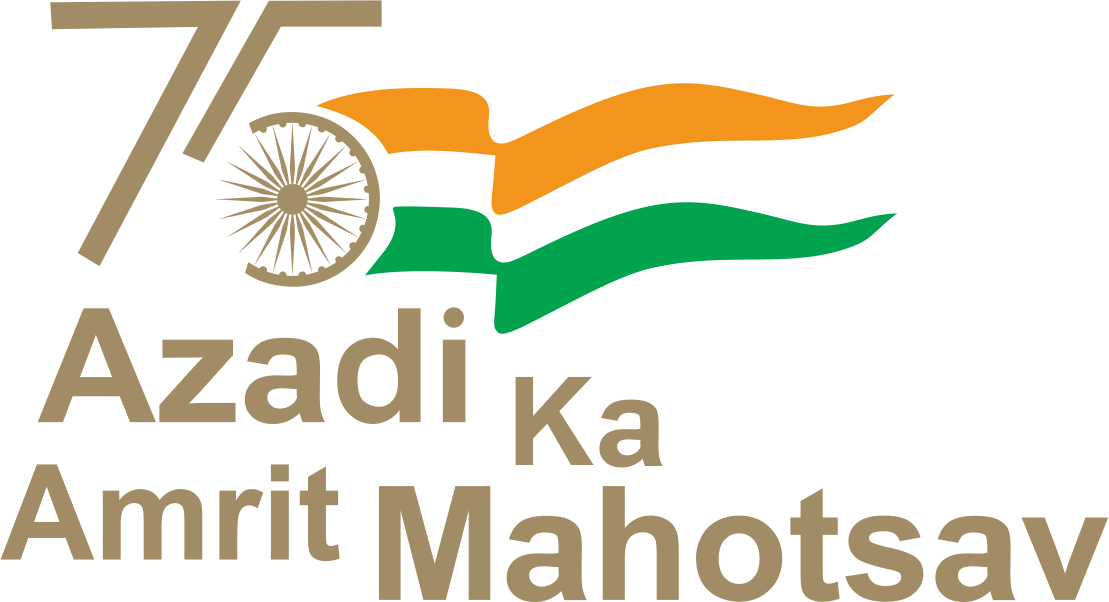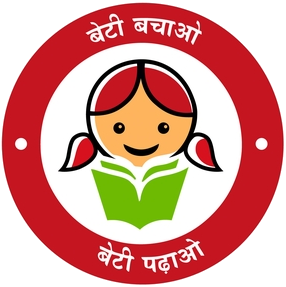INDGAP
Globalization has made a significant change in the worldwide agricultural market and increased the options for sourcing of agricultural produce. In order to be on par with the standards laid by the importing countries for the agricultural produce, certain standards has to be laid on the agricultural practices (regarding usage of pesticides as well as harvesting and post-harvest processing techniques) to check the food safety concerns like pesticide residue, microbial contamination, adulteration etc .
To enable farm produce to be intentionally competitive, it is ideal to incorporate the globally accepted Good Agriculture Practices (GAP) in the farm practices. GAP defined by FAO is, “ Collection of principles to apply for on-farm production and post-production processes, resulting in safe and healthy food and non-food agricultural products, while taking into account economic, social and environmental sustainability.”
Quality Council of India is an organization jointly set up by Government of India and Indian industry, to establish and operate national accreditation structure and promote quality through National Quality Campaign. In order to enhance competitiveness of Indian spices in the international market, the QCI had launched the INDGAP scheme for small and marginal farmers in Sept 2014. The IndGAP standards is tailor made to suit the needs of the small and marginal farmers, who form the majority in India, allowing them to move up to the International GAP in a phased manner.
The scope of IndGAP covers all agricultural farm produce, crop produce and agro-biodiversity module. It focuses on the quality and quantity of the produce, pre and post-harvest practices including worker’s health and safety and safe and sustained supply of produce of the desired quantity.
The Spices Board and QCI have executed a MoU for implementation of the project titled:” Doubling of exports of spices in line with AEP and increasing farmer’s income by IndGAP certification”, in order to enhance competitiveness of Indian spices in the international market. The project is conceived with multiple objectives such as, Quality assurance, Agro biodiversity, Traceability, GAP certification, Mapping of sustainable development goals, Ensuring social security and Export promotion and sustainable exports. The spices considered under the first phase project are Chilli in Warangal, Cumin in two districts of Rajasthan- Barmer and Jalore, Cardamom (small) in Idukki, and Black Pepper in Chikmanglur.
The Project certification in IndGAP for spices would result in overall improvement of quality of produce and awareness on good agricultural practices.
Related links
https://www.qcin.org/CAS/INDGAP
https://www.qcin.org/documents/GAP/INDIAGAP-FINAL.pdf







